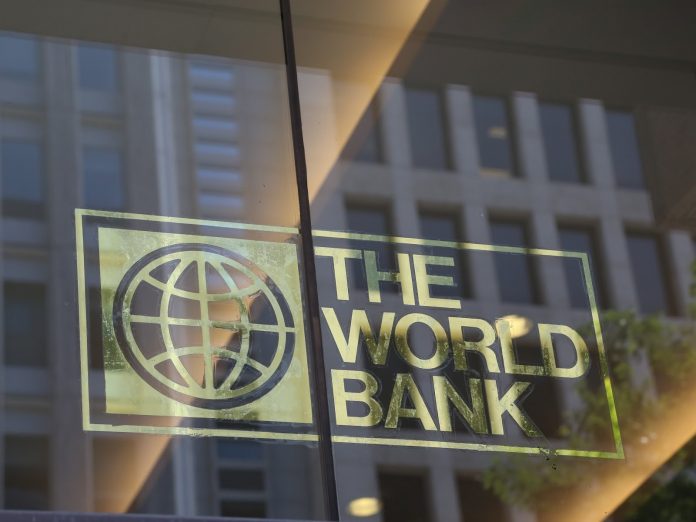KARACHI: World Bank on Thursday released its twice-a-year report “Pakistan Development Update” stating the country needs to decrease average tariffs and reduce usage of para-tariffs, such as regulatory duties.
World Bank Senior Economist Nadia Rocha said ongoing tariff policies hinged on revenue and protectionist considerations rather than long-term competitiveness enhancing measures, reported a local newspaper.
As per WB, Pakistan’s import tariffs are double that of global average and three times than those imposed in Southeast Asia.
Rocha stated Pakistan’s policy of imposing high import duties on intermediate inputs and raw materials utilized by exporters was damaging export competitiveness.
Pakistan exports from 2005-2016 went up by a paltry 27.3pc compared to India’s 165pc, Bangladesh 445pc and Vietnam 276pc respectively.
The report cited that Pakistan’s abysmal trade performance was attributable to decreasing export competitiveness. Over the last decade, Pakistan has been shedding 1.5pc of its export market share annually compared to Thailand, Malaysia and Mexico who scooped up their market share of global exports by two times in same period.
And retention of trade relationships has been an issue for Pakistani exporters, as they were able to preserve only 41.5pc of export relationships from 2010 to 2015. This compares to 66.4pc for Vietnam and 54.7pc for India in the same period mentioned above.
Sustainable Development Policy Institute Deputy Executive Director Vaqar Ahmed said recent efforts to increase documentation of the economy had hit businesses hard, as their compliance costs increased significantly.
Ahmed called for a single tax collecting body instead of current 14 federal and provincial authorities that taxpayers are left to deal with. He said they are paying 47 various kinds of taxes.
He highlighted that Pakistan exports to China had fallen irrespective that a free-trade agreement was in place. From 2013-15, exports from Pakistan to China fell by 10pc compared to a global fall of 5.4pc in exports to Beijing during same period.
Careem Pakistan Managing Director Junaid Iqbal who was part of the panel discussion advised State Bank of Pakistan (SBP) to permit fintech companies like JazzCash and Easypaisa to “pull money directly from bank accounts”.
He added that central bank’s view on fintech companies drawing money out from customers conventional bank accounts would siphon money out of banking system was misguided. Iqbal urged SBP to remove upper cap on the value of daily transactions.
Furthermore, Iqbal said conventional banks needed to adopt e-commerce as their current business model would become impertinent which is dependent on taking deposits from the public and invest it in government securities.




